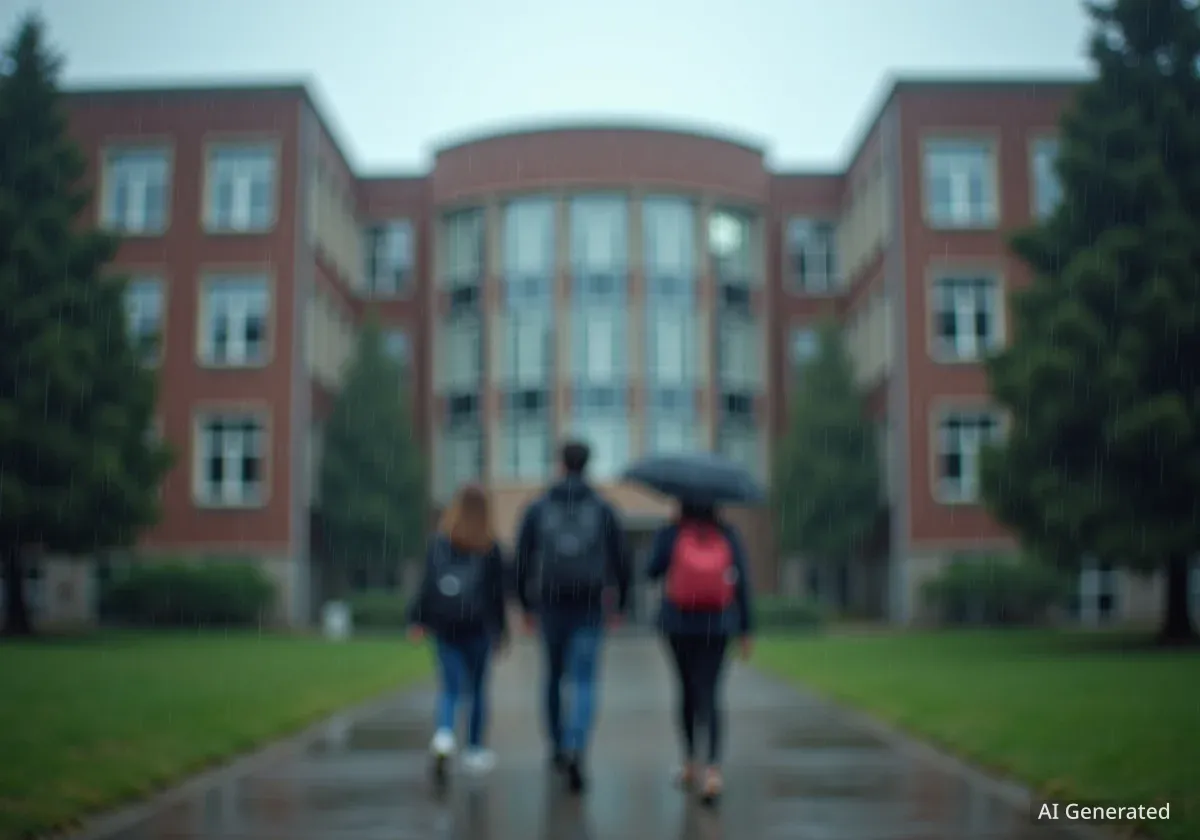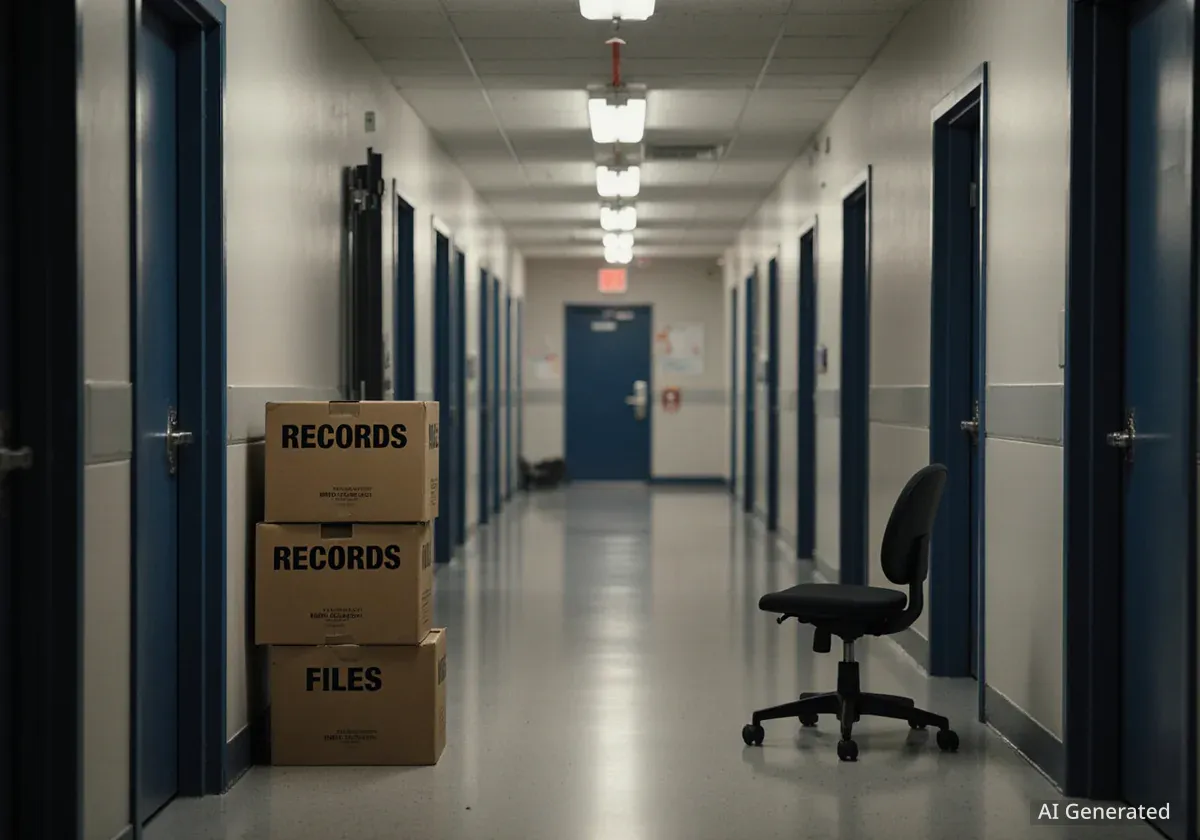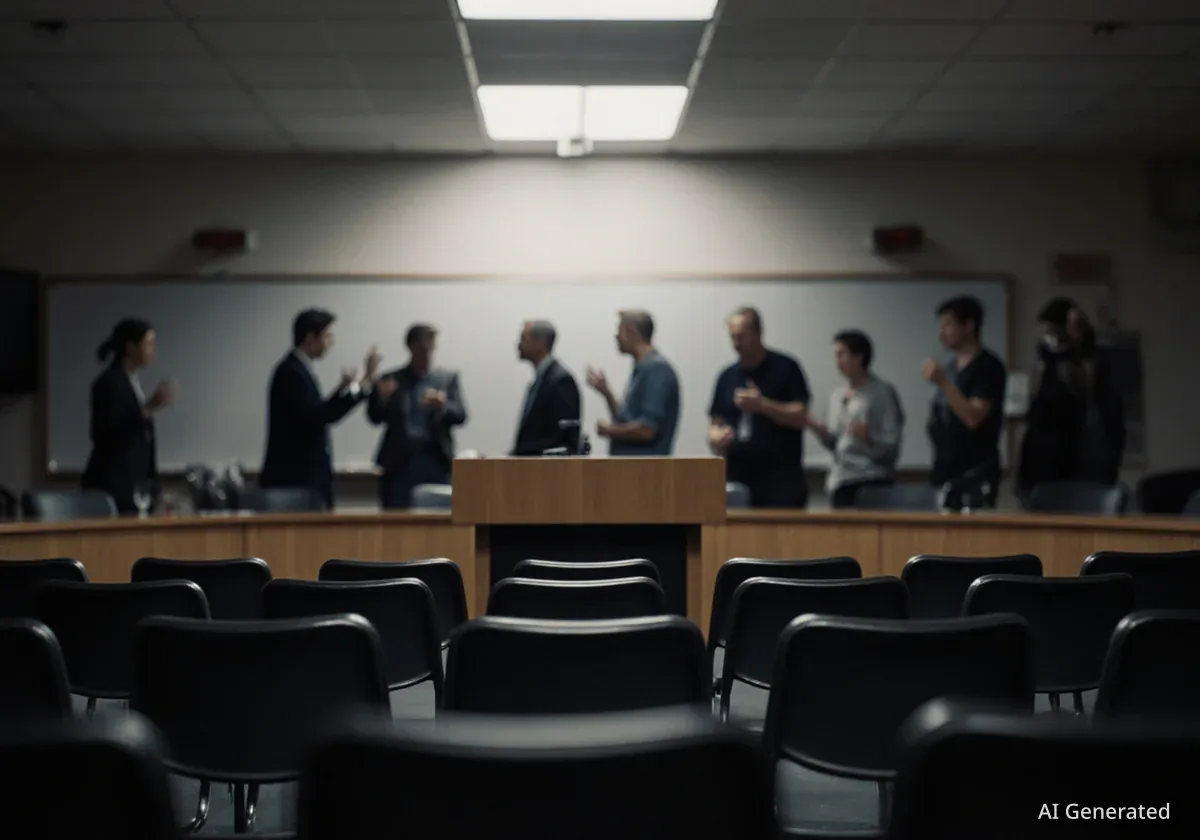Higher education institutions across the Seattle area are confronting significant financial and operational challenges as the new academic year begins. Universities and community colleges report that federal funding cutbacks, grant delays, and stricter international student visa policies are directly impacting research, student support services, and enrollment numbers.
Key Takeaways
- The University of Washington may lose one-third of its federal research funding, potentially eliminating over 1,700 jobs.
- Community colleges like Bellevue and Green River are experiencing grant delays and cancellations, disrupting academic programs and student aid.
- Increased federal scrutiny of student visas has led to a significant drop in international enrollment at institutions like Shoreline Community College.
- These federal changes affect a wide range of areas, from public health research to support for low-income and first-generation students.
Major Research University Faces Funding Crisis
The University of Washington (UW), the largest recipient of federal research funds among public institutions in the United States, is bracing for substantial financial pressure. According to university analysts, projected cutbacks in federal grants could reduce this vital funding stream by as much as one-third during the current fiscal year.
This potential reduction carries severe consequences for both research and employment. The university warns that such a cut could result in the loss of positions equivalent to more than 1,700 full-time jobs, affecting researchers, staff, and the broader academic community.
Impact on Public Health Research
A significant portion of the threatened research funding is designated for critical public health initiatives. Key areas at risk include studies on health disparities, infectious diseases, and global health programs that have long been a cornerstone of the university's research portfolio.
Beyond research, essential student support programs are also in jeopardy. One longstanding initiative that recruits and provides resources for students from migrant families faces the possible elimination of its federal funding, creating uncertainty for a vulnerable student population.
Community Colleges Squeezed by Grant Disruptions
The financial strain extends to the region's community colleges, which serve a diverse student body and are heavily reliant on federal grants for specialized programs. These institutions are reporting significant disruptions due to both delayed and canceled funding.
Bellevue College Experiences Program Delays
At Bellevue College, the largest community college in the region, the start of the academic year has been complicated by month-long delays in the approval of four federal block grants. According to spokesperson Rachael Dawson, this has directly affected planning and operations.
One of the delayed grants is crucial for funding career and technical education programs, which are essential for workforce development. The funding uncertainty over the summer prevented faculty from developing new curricula and participating in necessary training. As a result, Dawson confirmed that the college was forced to delay some fall classes until later in the school year, disrupting students' academic schedules.
Green River College Loses Critical Student Support
Green River College in Auburn has experienced an even more direct financial blow, losing two grants totaling $3 million. Philip Denman, a spokesperson for the college, highlighted the severe impact of these cuts on student services.
A 30-Year Program Eliminated
One of the eliminated grants had been consistently awarded to Green River College for three decades. It provided essential support for first-generation and low-income students, helping them navigate the challenges of higher education and succeed academically.
The loss of these funds has dismantled programs that served hundreds of students annually. Denman detailed the scope of the impact in a statement.
"Together, these programs served hundreds of students each year, including the 30% of our student body who identify as Asian American and Pacific Islander, and who benefited from tutoring, textbook access, faculty support, and emergency aid."
The cancellation of these grants means that these vital resources are no longer available, creating new barriers for students who depended on them for academic and financial stability.
International Enrollment Declines Amid Visa Scrutiny
In addition to direct funding cuts, Seattle-area colleges are also contending with the consequences of increased federal scrutiny of international student visas. Academic leaders report that this intensified vetting process has created obstacles for prospective students and may be encouraging them to pursue their education in other countries.
This trend is having a measurable effect on enrollment figures, which are a critical source of revenue and cultural diversity for many campuses. Shoreline Community College has been particularly affected by this shift.
Enrollment by the Numbers
- Overall International Enrollment: Down 11%
- New International Student Enrollment: Down 25%
Samira Pardanani, the Associate Vice President of International Education and Global Engagement at Shoreline, confirmed the sharp decline. The 25% drop in new international students is especially concerning, as it signals a potential long-term trend that could impact the college's budget and global engagement initiatives.
Colleges across the region, including major institutions like Seattle Central College which has a large international population, are closely monitoring these trends. The combination of financial cutbacks and enrollment challenges presents a complex problem for administrators working to maintain educational quality and access for all students.





